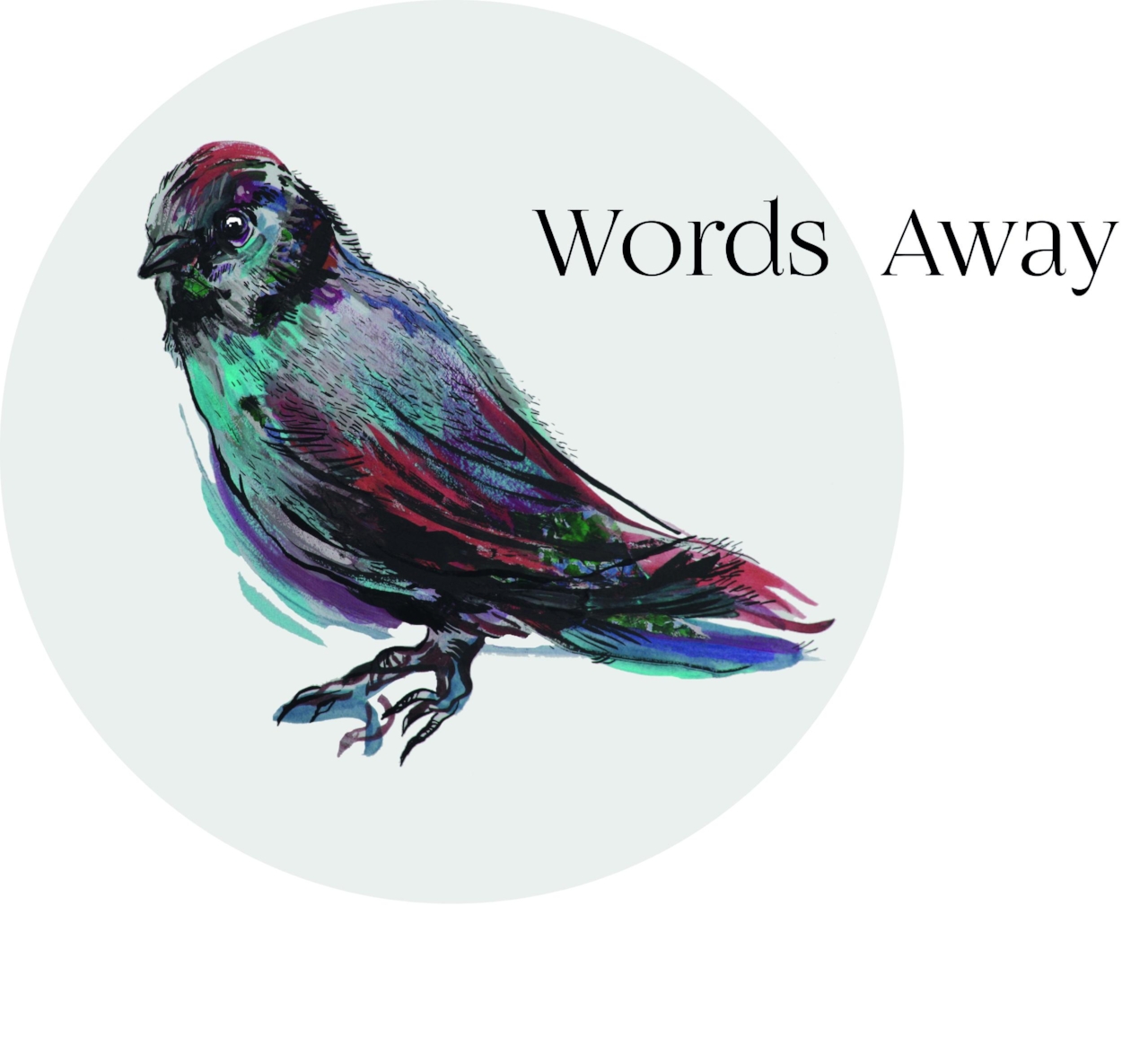We met with Nikesh Shukla last month for an excellent discussion on the art of writing memoir. Nikesh is a novelist, screenwriter and editor (and stand-up comedy fan.) His latest book, Brown Baby, A Memoir of Race, Family and Home, published earlier in the year, centres around the question of, “how on earth to bring up kids with joy and wonder in sad, bleak and difficult times?” He also added,“it’s a book about all the stuff that keeps me up at night.” It was fab zalon, a masterclass actually and here’s a couple of the highlights.
Nikesh Shukla
The conversation circled around the nature and ethics of the form as well as practical aspects of craft and technique. Memoir shouldn’t be a place to settle scores and nor is it autobiography, said Nikesh. The best memoir and life writing comes at a period after the writer has processed the events. He emphasised that while writing might be a cathartic solution to help you work through things, writing down your pain is not the same as processing pain. “Writing can be a part of the healing process but don’t mistake this for structured therapy or counselling,” Post therapy/processing you’re better able to compartmentalise and put some distance between the ‘you’ of the memoir.
Memoir, like all story, needs a character on a journey undergoing change and metamorphosis. In memoir you’re constructing the character of “you” and other people. However, “memoir is imperfect. How can you remember something from ten or fifteen years ago?” he said. “It’s an overwhelming thing to recreate the past but if you lean into that imperfection know that you’re constructing events around the emotional truth you’re trying to tell.”
One of his top tips, applicable to all writing, is to always know the worst thing you can say to one of your characters because once you identify this you have a grenade. This thing should speak to our darkest fears. Paraphrasing the poet and writer Ocean Vuong, Nikesh said, “when you meet most characters in stories they’re initially and rationally protecting something about themselves that’s no longer fit for purpose, it only serves to limit them…and then the universe comes along to take them on a different path. They’ve built layers of protection around this thing but ultimately that’s what needs to be addressed.”
An audience member had a question about dialogue and Nikesh said it works best when sparing and transactional. Pages of dialogue is exhausting for the reader. Zero in on a snippet for emphasis to underline what you want to get across in that moment. He suggested checking out the first 10 minutes of Quentin Tarrantino’s film, Reservoir Dogs, encapsulating the world view of gangsters chatting in a diner. We glean that one man is a kind soul and another is the duplicitous one. It’s a quiet exercise in characterisation so that when the action becomes heightened Tarantino has done all the character work for you. Dialogue needs to drive the story along even when it’s seemingly innocuous.
We talked about the writer’s perennial problem of imposter syndrome which can become particularly paralysing when writing memoir. He said it’s important to constantly remind yourself that “you the writer” felt compelled to gift “you the reader” this memoir and that’s who you’re writing for. In other words write for yourself! His approach to early drafts is to put everything in and with every edit take things out, working on the basis that he learns through omission what the story is about.
With big thanks to Nikesh Shukla for his insight and generosity and thank you too to everyone who came along! As some of you know I’m taking a break over the summer but plan to be back later in the year. For news of future events sign up to my mailing list here or keep an eye on the socials. Meanwhile wishing you a lovely summer.
Kellie x
Links and References:
Epistolary writing tradition, James Baldwin, Ta-Nehisi Coates
Stand-up comedians; Eddie Izzard, Bill Bailey, Stewart Lee, Bridget Christie
“Evidence is always partial. Facts are not truth, though they are part of it – information is not knowledge. And history is not the past – it is the method we have evolved of organising our ignorance of the past. It’s the record of what’s left on the record. It’s the plan of the positions taken, when we to stop the dance to note them down. It’s what’s left in the sieve when the centuries have run through it – a few stones, scraps of writing, scraps of cloth…” from The day is for the living: Hilary Mantel on writing historical fiction
Why I became a historical novelist - Hilary Mantel, BBC Radio, Reith Lectures 2017, part one
How To Wash A Heart by Bhanu Kapil, ‘The Fragment Is...’ Words Away Zalon
The tipping scene from Reservoir Dogs - Quinten Tarantino


